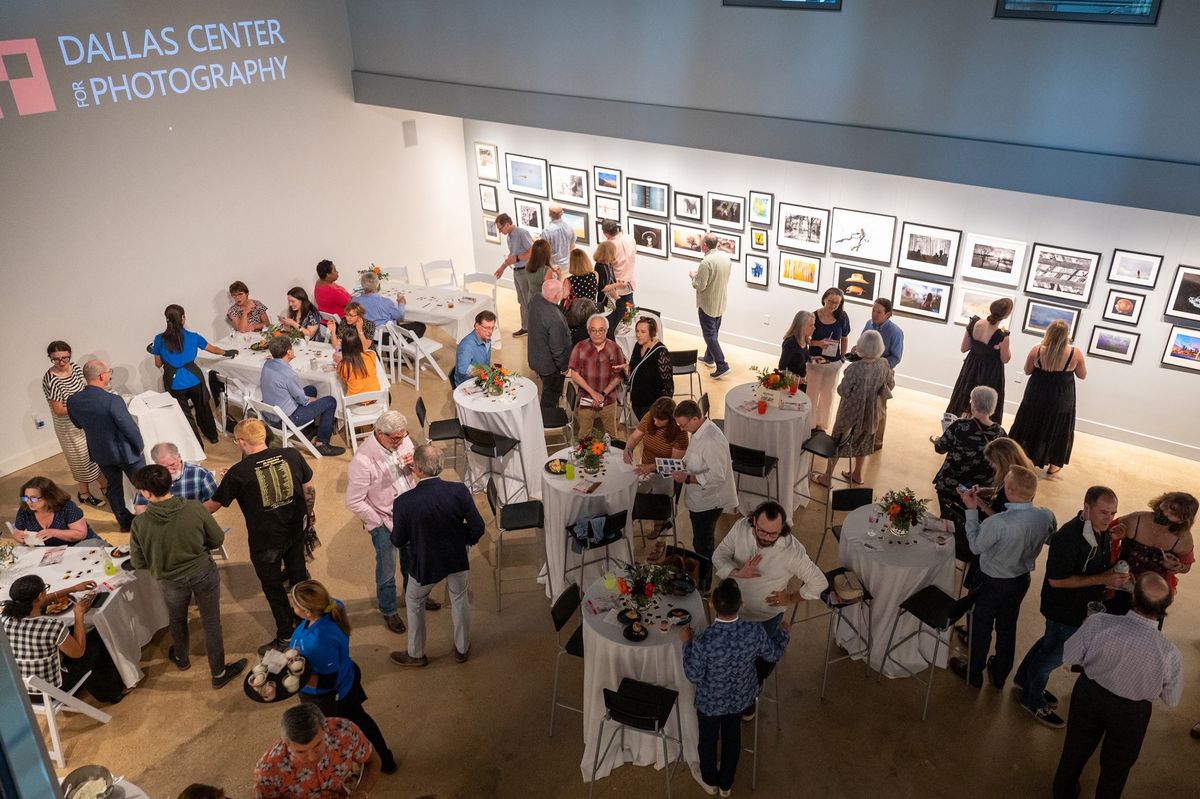The Dallas Center for Photography will close for good on 4 August after five years under its current structure and more than two decades of offering classes and other events under different guises.
The organisation, the only non-profit in north Texas devoted to photography, started out as an informal series of classes offered by the photographer Peter Poulides in 1997. That eventually led to pop-up events at partner organisations in the Dallas-Fort Worth area and, eventually, a more formal programme with classes, photo equipment swaps, workshops and exhibitions. In 2018, this officially became the non-profit Dallas Center for Photography (DCP).
Over the years the centre received support from philanthropists, regional funding organisations and corporate sponsors, including the city of Dallas’s Office of Arts and Culture and the Texas Commission on the Arts. The centre also held regular fundraising events, most recently in early June. However, according to a statement by Poulides, funding and support were increasingly insufficient to maintain the centre’s programming and its facilities in the Design District. In an interview with The Dallas Morning News, he said that the financial challenges of operating a non-profit were exacerbated by the pandemic, but also by the lack of support for arts organisations in Dallas.
“Even as DCP was setting down strong roots in the greater arts community in Dallas, there was a growing gap between the resources supporting our organisation and the financial needs of running it,” Poulides said in the statement. “It is a story all too common in the nonprofit world. And as a nonprofit, we are legally and morally charged with serving the community while being fiscally responsible and sustainable. It became increasingly clear that the gap couldn’t be managed, and shutting down now was the responsible thing to do for the organisation and the community.”
The centre’s final round of events and classes concluded at the end of July. Its final exhibition, a show featuring seven local women photographers and titled When We Speak, You Should Listen!, closes the same day as the centre itself, on 4 August. The centre will then host a going-out-of-business sale on 12 and 13 August.
While other Dallas art institutions have photography collections, the DCP was the only local organisation devoted exclusively to the medium. The nearest similar institution may be the Houston Center for Photography, which launched more than 40 years ago and offers a similar mix of exhibitions and educational programming. Houston is also home to the biennial FotoFest, one of the world's largest and most closely watched photography exhibitions.
Many feared the pandemic would lead to the permanent closure of numerous art organisations, with nearly 30% of museum directors expressing concern that their institutions might never reopen in a survey conducted six months into Covid-19 lockdowns. That wave of closures never came, but a handful of smaller and mid-size regional institutions have closed in the pandemic’s aftermath, from the Urban Institute of Contemporary Arts in Grand Rapids, Michigan, to the Museum of Contemporary Art in Santa Barbara, California. After initially claiming it would close completely, the Center for Contemporary Arts in Santa Fe, New Mexico, managed to salvage its film programme.
Larger institutions have struggled too, particular as visitor numbers continue to lag behind pre-pandemic levels. Many have scaled back educational offerings and other special programming. Others have raised admission prices—most recently the Whitney Museum of American Art and the Solomon R. Guggenheim Museum in New York—to make up for lower attendance and rising operating costs.


